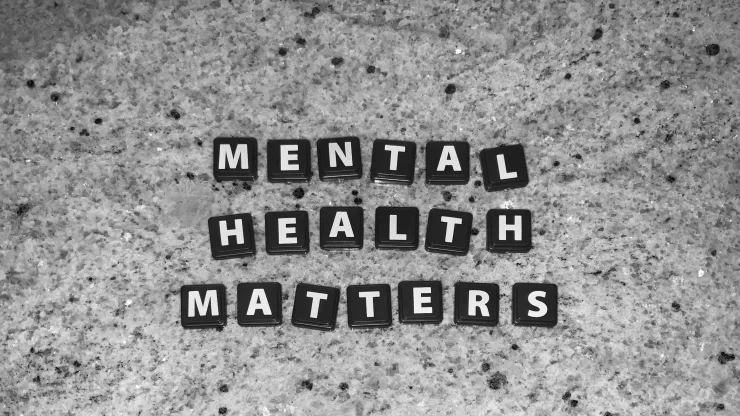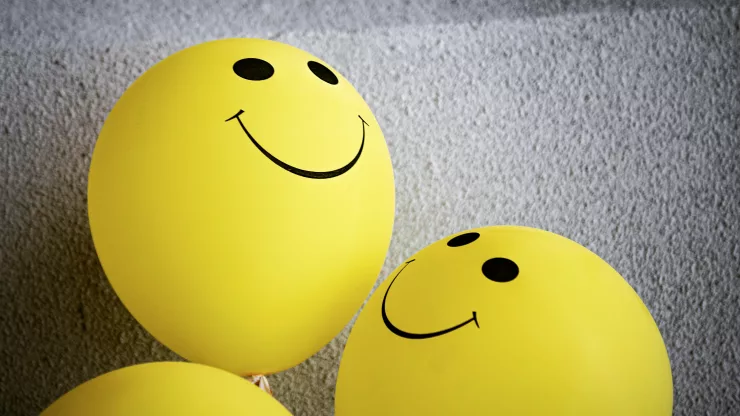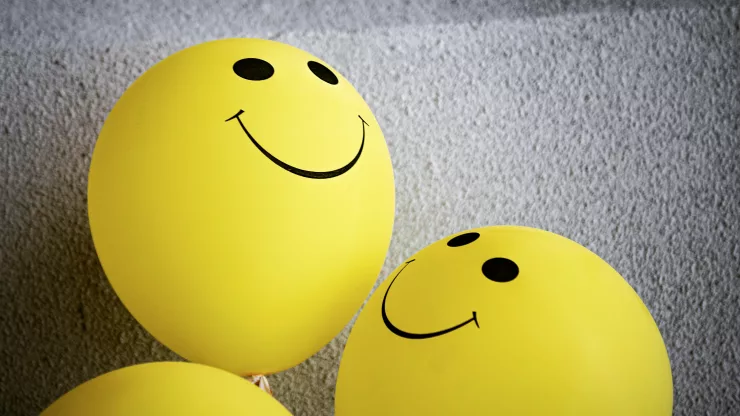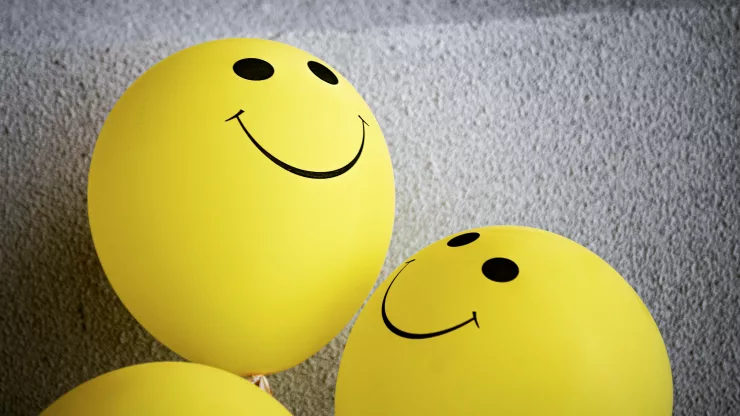Water is essential for our well-being, but did you know that it also plays a crucial role in our mental health? Proper hydration can impact our mood, cognitive function, and even our sleep quality.
In this article, we’ll explore the importance of hydration for mental health and provide practical tips to help you stay hydrated.
Jump to Section
The Importance of Hydration for Mental Health: Why Water is Crucial
Understanding the Connection Between Hydration and Mental Well-being
When we think of hydration, we often associate it with physical health, but it’s essential for our mental well-being too.
Our brains are made up of 73% water, and a lack of hydration can lead to symptoms of anxiety, depression, and fatigue.
Drinking enough water ensures that our bodies and minds are functioning optimally.
How Dehydration Affects Mental Health
Dehydration occurs when we don’t have enough water in our bodies, and it can impact our mental health in various ways.
Mild dehydration can lead to headaches, irritability, and poor concentration, while severe dehydration can cause confusion, delirium, and even seizures.
In the long term, chronic dehydration can lead to cognitive decline and an increased risk of developing mental health disorders.
The Benefits of Staying Hydrated for Your Mental Health
On the other hand, staying hydrated can have numerous benefits for our mental health. Drinking enough water can improve our mood, increase our focus and alertness, and even boost our memory. Studies have also shown that proper hydration can help reduce symptoms of anxiety and depression.
The Science Behind Hydration: How Water Affects Your Brain
The Role of Water in Cognitive Function
Water is vital for our cognitive function. It helps transport nutrients and oxygen to our brains, removes waste, and supports the communication between brain cells.
When we’re dehydrated, our brains have to work harder to perform even the simplest tasks, leading to decreased cognitive function.
The Connection Between Hydration and Mood
Dehydration can also impact our mood. Studies have shown that even mild dehydration can lead to feelings of anxiety, tension, and fatigue.
On the other hand, drinking enough water can improve our mood and reduce feelings of stress.
How Dehydration Impairs Brain Function
Dehydration can impair our brain function in various ways. It can affect our attention, memory, and motor skills, making it more challenging to perform even basic tasks.
To illustrate the impact of dehydration on brain function, here’s a relevant table:
| Level of dehydration | Symptoms |
|---|---|
| Mild dehydration | Headache, fatigue, poor concentration |
| Moderate dehydration | Dizziness, confusion, rapid heartbeat |
| Severe dehydration | Delirium, seizures, unconsciousness |
Hydration and Mental Health: Common Misconceptions
Debunking the Myth that Coffee and Tea Can Replace Water
Many people believe that coffee and tea can replace water when it comes to staying hydrated, but this is a common misconception.
While coffee and tea do contain some water, they can also have a diuretic effect, meaning that they increase urine production and lead to dehydration.
To stay hydrated, it’s essential to drink enough water.
The Truth About Sports Drinks for Hydration
Sports drinks are often marketed as a way to stay hydrated, but they’re not always the best option.
Many sports drinks contain high levels of sugar and artificial flavors, which can have negative impacts on our health.
While sports drinks can be useful for athletes who are engaging in intense physical activity, they’re not necessary for the average person.
How Alcohol and Dehydration Impact Mental Health
Alcohol is a diuretic, meaning that it can lead to dehydration and impact our mental health. Drinking alcohol can lead to feelings of depression and anxiety, disrupt our sleep patterns, and even cause memory impairment.
To stay hydrated and maintain good mental health, it’s best to limit our alcohol consumption.
Tips for Staying Hydrated and Improving Your Mental Health
The Importance of Drinking Water Throughout the Day
To stay hydrated, it’s essential to drink water throughout the day. Instead of chugging a gallon of water in the morning, try to sip on water consistently throughout the day.
Here are some tips to help you stay hydrated:
- Carry a water bottle with you wherever you go.
- Set reminders on your phone to drink water.
- Drink a glass of water before each meal.
Hydration and Exercise: How to Optimize Your Workouts
Staying hydrated is especially important during exercise, as we lose water through sweat. To optimize your workouts and stay hydrated, here are some tips:
- Drink water before, during, and after exercise.
- Consider drinking sports drinks if engaging in intense physical activity.
- Monitor your urine color – if it’s dark yellow, you may need to drink more water.
Incorporating Hydration into Your Daily Routine
Incorporating hydration into your daily routine can help you stay on track with your water intake. Here are some ideas:
- Drink a glass of water when you wake up and before bed.
- Add sliced fruit or herbs to your water for flavor.
- Drink herbal tea instead of coffee or soda.
Foods and Beverages That Promote Hydration and Mental Health
The Top Hydrating Foods to Incorporate into Your Diet
In addition to drinking water, certain foods can help promote hydration. Here are some of the top hydrating foods to incorporate into your diet:
- Watermelon
- Cucumbers
- Strawberries
- Grapefruit
- Lettuce
The Benefits of Herbal Teas for Hydration and Mental Health
Herbal teas are a great way to stay hydrated while also reaping additional mental health benefits. Here are some of the top herbal teas to try:
- Chamomile tea for relaxation
- Lemon balm tea for stress relief
- Peppermint tea for improved focus and concentration
The Role of Electrolytes in Hydration and Mental Health
Electrolytes are minerals that help regulate our body’s fluid balance and keep us hydrated. Here’s a relevant table to illustrate the role of electrolytes in hydration and mental health:
| Electrolyte | Role in the Body |
|---|---|
| Sodium | Helps regulate blood pressure and fluid balance |
| Potassium | Supports muscle function and nerve transmission |
| Magnesium | Promotes relaxation and stress relief |
The Connection Between Hydration, Sleep, and Mental Health
How Dehydration Impacts Sleep Quality
Dehydration can also impact our sleep quality. When we’re dehydrated, our bodies produce more of the stress hormone cortisol, which can disrupt our sleep patterns.
Dehydration can also cause physical discomfort, leading to difficulty falling asleep and staying asleep.
The Benefits of Staying Hydrated for Better Sleep
Drinking enough water can help us achieve better sleep quality. Here are some benefits of staying hydrated for sleep:
- Promotes relaxation and stress relief
- Regulates body temperature
- Reduces physical discomfort
Tips for Staying Hydrated Before Bed
To stay hydrated before bed and improve your sleep quality, here are some tips:
Avoid drinking large amounts of water right before bed to prevent waking up to use the bathroom. Drink a glass of water with dinner.
Avoid alcohol and caffeine in the evening as they can lead to dehydration. Incorporate hydrating foods into your evening meals.
Conclusion
Staying hydrated is not only essential for our physical health but also for our mental well-being.
From improving our mood and cognitive function to enhancing our sleep quality, drinking enough water is a simple and effective way to promote better mental health.
By understanding the importance of hydration and implementing the tips provided in this article, you can stay hydrated and support your mental health.

With a deep passion for personal development, Ben has dedicated his career to inspiring and guiding others on their journey towards self-improvement.
His love for learning and sharing knowledge about personal growth strategies, mindfulness, and goal-setting principles has led him to create My Virtual Life Coach.
Contact Ben at [email protected] for assistance.




